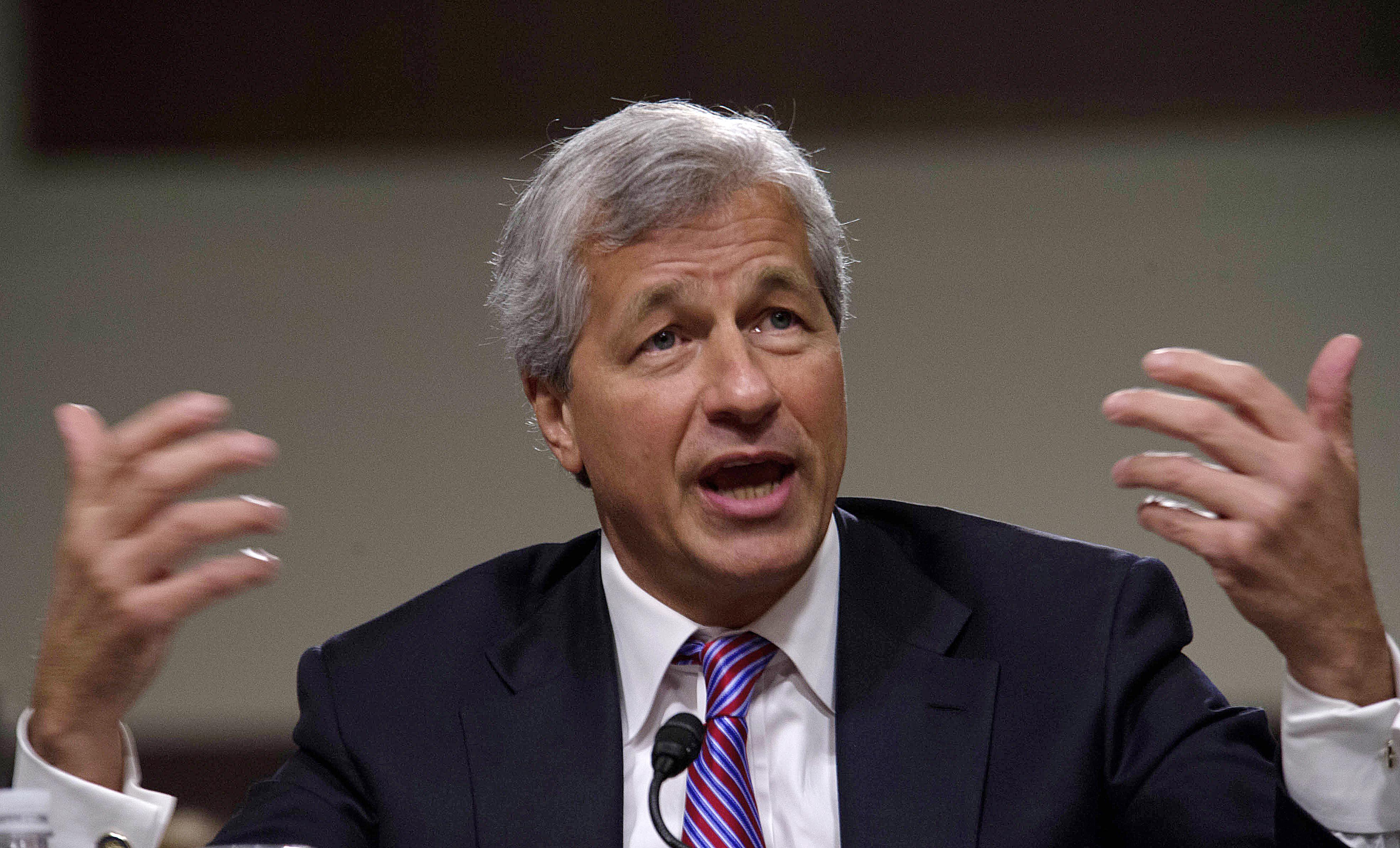One thing binds the politicians, pundits, protesters and investors outraged by JPMorgan’s loss of some $2 billion on dodgy trades. None of them believes that U.S. taxpayers are really off the hook for Wall Street’s future, and probable, failures. The real loser of the debate - which today saw the CEO of a well-capitalized, profitable private financial institution hauled before the Senate - is the Dodd-Frank Act.
First, the loss - though painfully embarrassing for a bank that prides itself on risk management - still pales against the $5.4 billion earned last quarter and the $4 billion expected for this one, according to consensus estimates compiled by Thomson Reuters.
Yet, ever since Jamie Dimon told the world about the boneheaded trades in May, JPMorgan has become the focal point for frustration and anger among those who believe the United States wasted a financial crisis by keeping alive the notion that certain banks are too important to let fail. On Wednesday, protesters started calling Dimon a crook at a Senate Banking Committee hearing before he could even tell lawmakers how the bank stumbled.
Calls for a modern-day Glass-Steagall Act - the Depression-era legislation that kept commercial and investment banking separate - have grown louder as many across the political spectrum say the landmark financial reform passed two years ago has made matters worse. Complicated rulemaking such as the Volcker Rule is unwieldy and calling big banks systemically important reinforces the belief that the government still implicitly backs Wall Street.
Sure, regulators now have the explicit ability to wind down big, complicated financial institutions, but it’s untested. And if JPMorgan is too big to manage, what makes anyone think the government can break it or other large banks up, if need be, without sending shock waves through the financial system?
Moreover, Dodd-Frank has done little to restore confidence in the nation’s watchdogs. There are still far too many regulators with overlapping jurisdictions - something Dimon complained about on Wednesday. But his seat on the Federal Reserve’s board also caused outcry this week on Columbia University’s campus since it feeds a perception that Wall Street’s guardians and bankers are still too cozy. That’s also bad for confidence in the financial system.
In the end, JPMorgan’s CIO losses may indeed be a tempest in a teapot. It’s the reaction to them that shows the storm will continue to rage.
Read more at Reuters Breakingviews.
